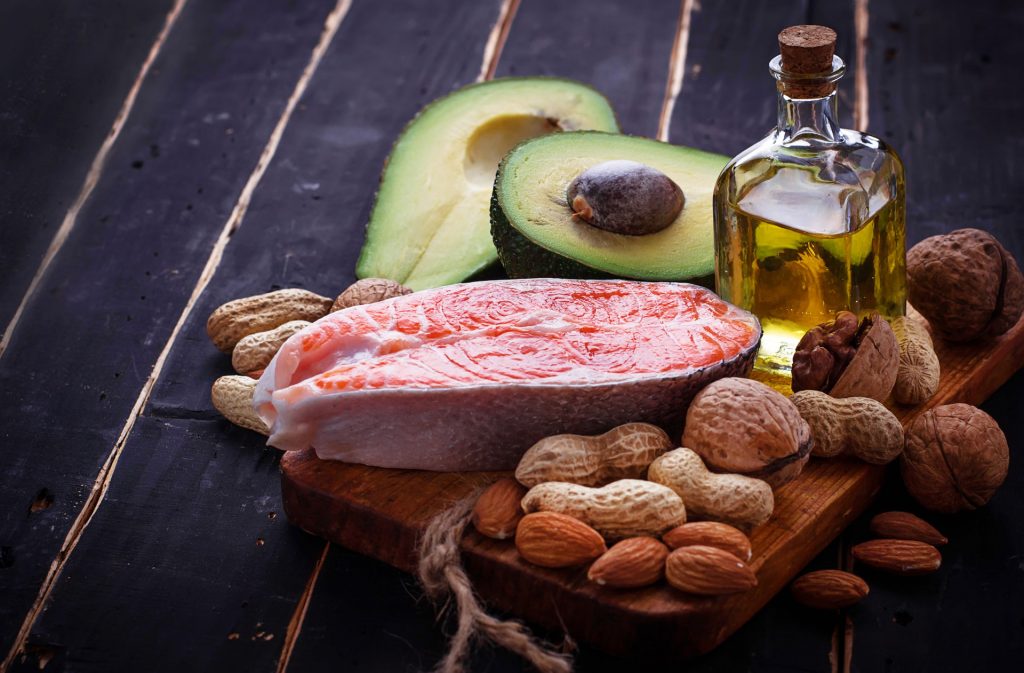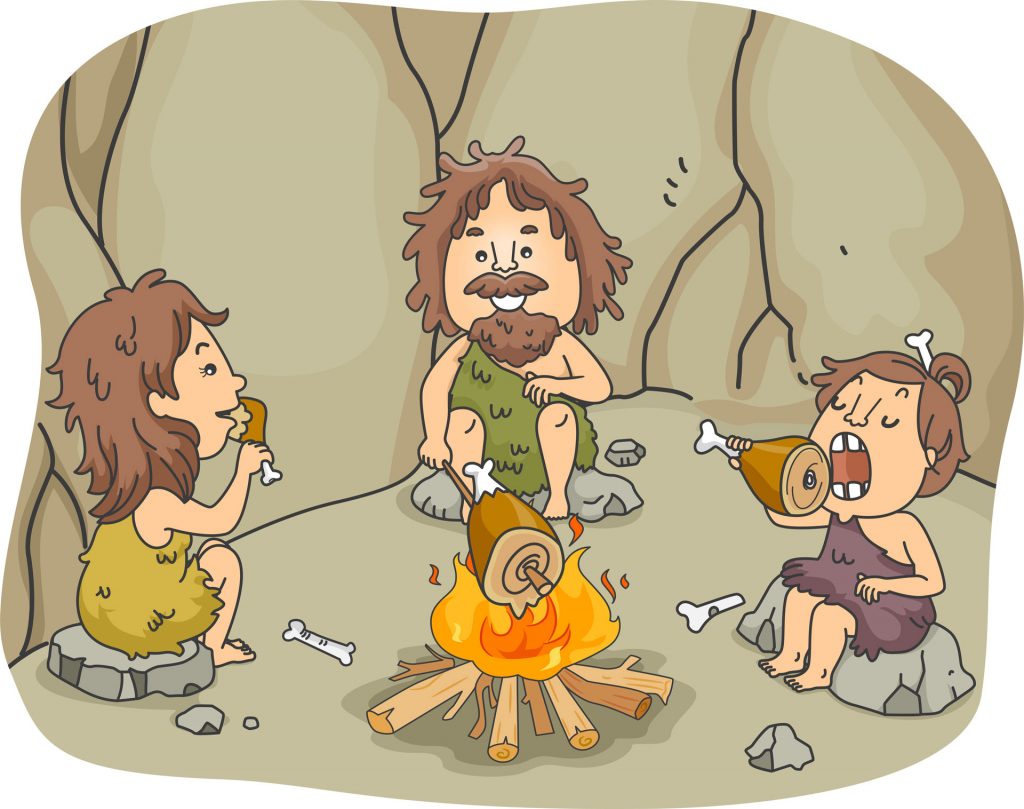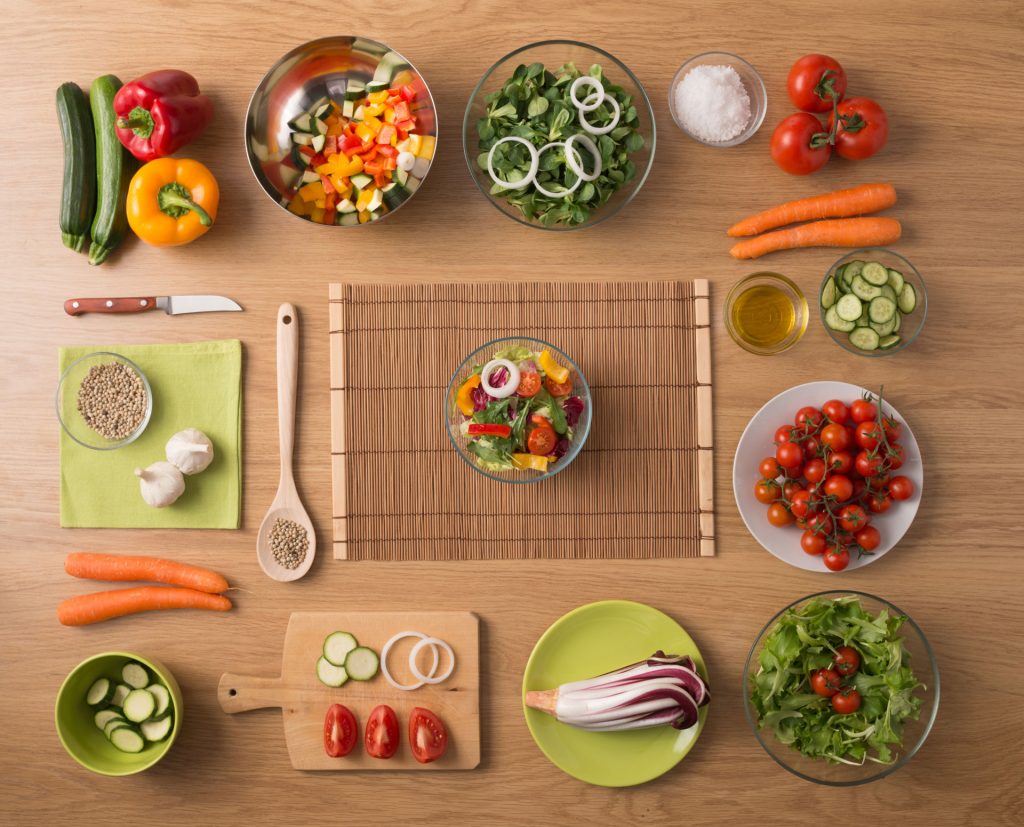If you ask ten people what it means to eat healthy, you’ll most likely get ten different responses. With so many dieting options to choose from, it can be hard to figure out which one is right for you. We’re going to discuss the pros and cons of some of the most popular diets to make that choice a little easier.
Low-Carb Diets
Diets that focus on minimizing the intake of carbohydrates have been popular for a long time. Low-carb diets replace the energy provided by carbs with the nutrition contained in proteins and fats.
The Atkins Diet
One of the most well-known types of low-carb diets is the Atkins diet. This diet helps ween you off carbs in order to prevent carbohydrate “withdrawal” effects.
The Keto Diet
Although the ketogenic diet has only recently spiked in popularity, it has been around for nearly a century.
The keto diet breaks down recommended daily calorie intake into percentages:
- 75% calories from fat
- 20% calories from protein
- 5% calories from carbohydrates

The Pros and Cons of Low-Carb Diets
Pros
- Good for weight loss
- Helps your body reach the natural metabolic state known as ketosis
- Decreases overall appetite
- Helps in maintaining healthy blood pressure
Cons
- Can increase LDL cholesterol levels
- May cause fatigue
- Potential bowel issues
Low-Fat Diets
Low-fat diets allow for the consumption of carbohydrates, protein, and certain healthy fats, while limiting the intake of trans fats and saturated fats. Most of these diets restrict calories from fat to 20% – 35% of your total daily caloric intake.
Pros
- Good for short-term weight loss
- May reduce risk for heart disease
- Has been proven to be effective in fighting obesity
Cons
- Potential mental health risks (healthy brain development requires certain fats)
- Decreases the body’s ability to absorb certain vitamins
- May lead to over-consumption of carbs
The Paleo Diet
If you were alive 10,000 to 2.5 million years ago, eating foods that comprise the paleo diet “menu” was basically your only dining option. This would have been during the Paleolithic age which is where this diet gets its name. The paleo diet minimizes the intake of processed foods, sugars, dairy products, and grains while focusing on the parts of the food pyramid that include lean protein, veggies, fruits, and nuts.
Pros
- Good for weight loss
- May reduce risk factors for heart disease
- Anti-inflammatory benefits
Cons
- Can be expensive (processed foods tend to be cheaper)
- Doesn’t provide necessary nutrients for vegetarians
- May have negative effects on gut health


The Vegan Diet
The vegan diet is essentially a more stringent form of vegetarianism. Vegan diets completely restrict the consumption of meat, eggs, dairy products, and all other forms of animal-derived food. Coined in 1944, the term veganism seems to be used more and more these days; however, only about 3% of Americans are vegan.
Pros
- May reduce risk for certain types of cancer
- May have positive effects on gut health
- Lower risk of getting diabetes
- Good for the environment since less energy is consumed when making vegan foods
Cons
- Allows for junk food
- May lead to nutritional deficiencies
- Negatively affects people with certain pre-existing medical conditions
Choose the Right Diet for You
When it comes to choosing a dieting option, there is no right answer. What works for you may not work for someone else and vice-versa. Try and pick a sustainable diet that provides you with all the nutrients your body requires. Just be sure to speak with your doctor or a licensed nutritionist before making any drastic changes.
